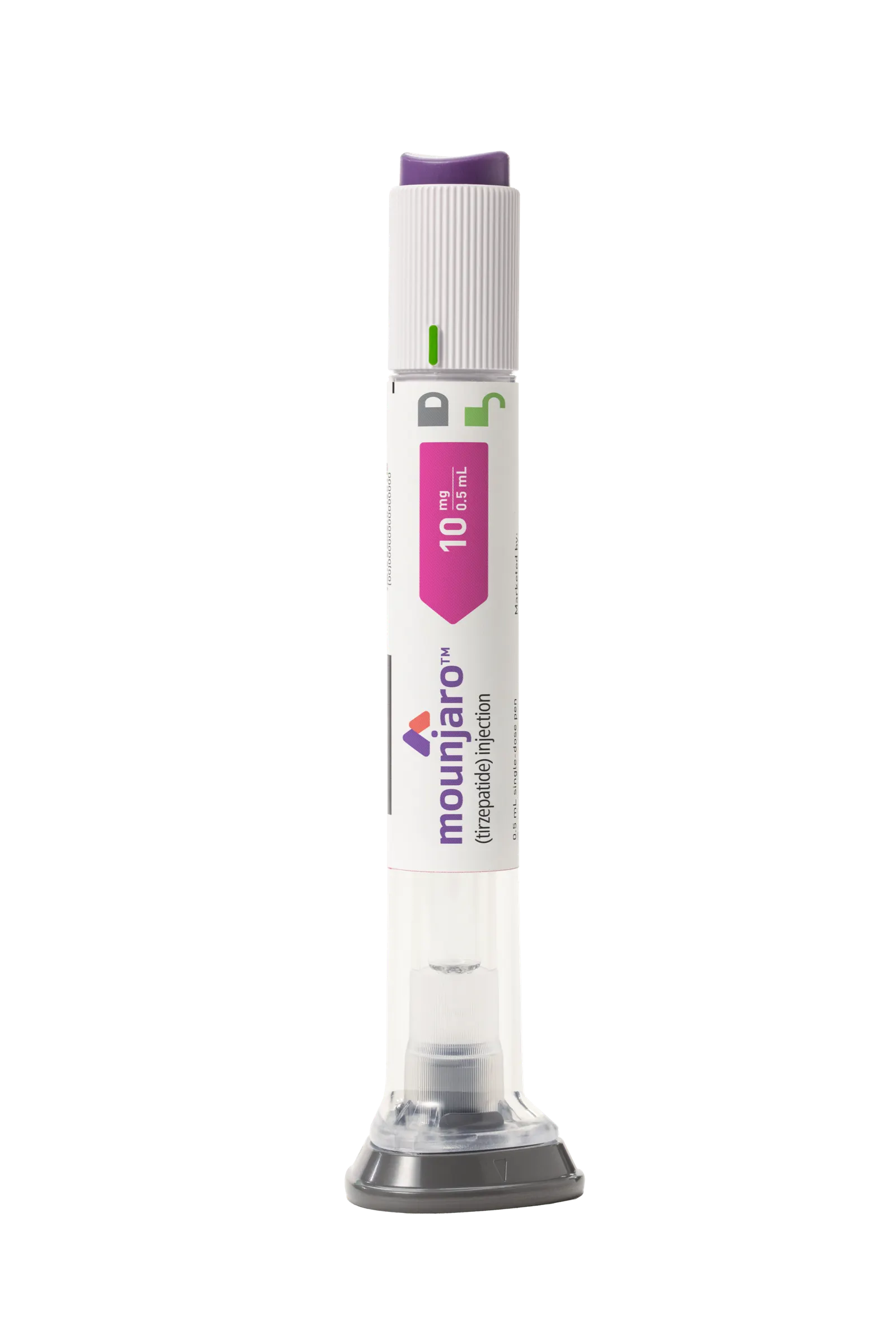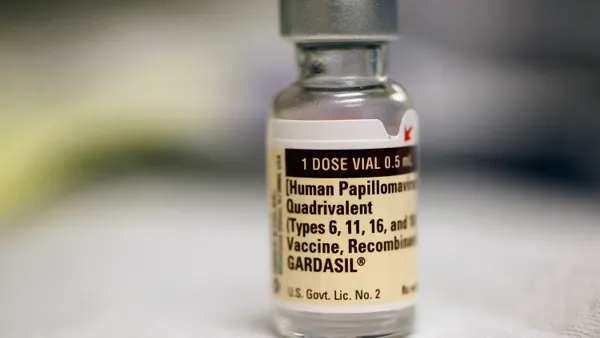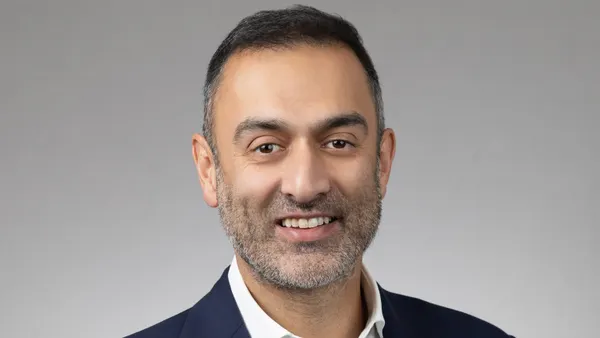Dive Brief:
- Eli Lilly expects its drug Mounjaro to win Food and Drug Administration approval for weight loss by the end of this year, aided by a regulatory “fast pass” to speed its review, company executives said on a conference call Thursday.
- The executives’ remarks came after Lilly disclosed Mounjaro helped overweight people with diabetes lose about 30 pounds on average in an 18-month clinical trial. The company hopes to persuade insurers that paying for weight loss treatments can save money over time by preventing other health problems.
- Already approved as a diabetes treatment, Mounjaro was a bright spot for Lilly in the first quarter. The drug’s $569 million in sales handily beat Wall Street forecasts, even as the company’s per share earnings missed consensus estimates, Cantor Fitzgerald analyst Louise Chen wrote in a note to clients.
Dive Insight:
Lilly rival Novo Nordisk has a several year head start in selling insulin-modulating drugs for weight loss, first with a daily shot called Saxenda and, more recently, with a weekly shot named Wegovy. They both stimulate a hormone called GLP-1, which helps the body produce insulin, and their active ingredients were first sold as diabetic drugs. (Wegovy’s main ingredient is branded as Ozempic for use in diabetes.)
Lilly aims to catch up quickly. Mounjaro, which stimulates GLP-1 and another hormone called GIP, gained approval as a weekly diabetes drug in May 2022. But competing in the obesity market has always been part of Lilly’s plan, as weight loss trials were underway prior to last May.
Company executives said Lilly will use a priority review voucher to expedite the FDA’s assessment of Mounjaro’s weight loss data. These vouchers shorten review times to six months from the standard 10.
The drug’s strong sales start has been helped by initial weight loss results disclosed a year ago from a study of people without diabetes. Demand grew so fast the company had to alter its savings card program to ensure only people with diabetes were using it.

“Our assumption is that the vast majority of people who are new to Mounjaro have Type 2 diabetes,” Lilly diabetes chief Michael Mason said on the Thursday call.
Lilly will have a few decisions to make ahead of its expected launch in the obesity market this year or early next. For example, it could decide to create a separate brand of Mounjaro’s main ingredient for use as a weight loss treatment, like what Novo has done with its GLP-1s. Executives did not indicate how they plan to proceed, however.
Mason said retaining the Mounjaro brand in weight loss would simplify manufacturing and supply chain development. Yet he also noted how creating a new brand would help Lilly in talks with insurers to secure coverage, as well as create an “empty vessel” for marketing.
Persuading insurers to cover Mounjaro for obesity will also require Lilly to prove the value of weight loss, which CEO David Ricks argued Thursday won’t be difficult to do. The Brookings Institution has forecast that rising rates of cardiovascular and metabolic disease resulting from higher obesity rates will drive Medicare spending to $1.2 trillion in 2030.
Ricks claimed the cost savings of treatment will be five times or more what’s spent on weight loss drugs.
“It’s hard to imagine that, by the end of the decade, everybody won’t accept that pharmacological treatment of obesity should be the standard of care,” he said.















